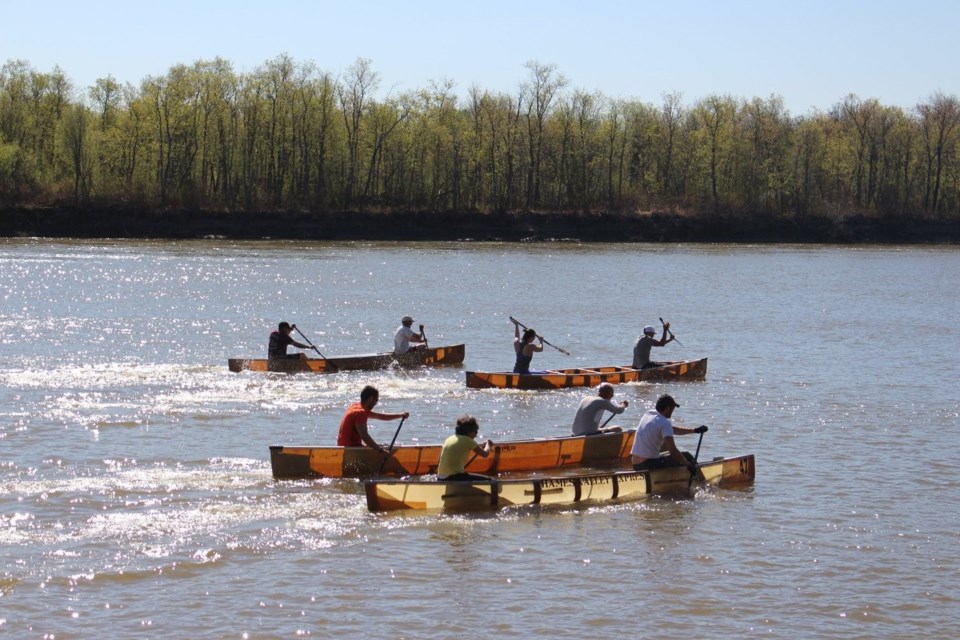Aski Holistic Adventures founder Michela Carriere’s tourism season ended almost as it began when her last customer boarded a plane back to Switzerland in March.
As borders snapped shut, Carriere’s business soon suffered from a trickle of cancellations and postponed appointments. If that wasn’t so, she believes her Big Eddy Lodge-based business, which is about 55 kilometres upstream from Cumberland House, would have enjoyed its best season in its three years of operation.
“My business is intrinsic to who I am. It’s not just a chance to make some money. It’s who I am,” she said, noting its loss was a huge blow with no easy answers.
“If I can’t do my business, how am I going to support my family and pay the bills?” said Carriere, who is Cree-Metis and operates one of about 90 Saskatchewan Indigenous tourists businesses enduring that uncertainty.
It couldn’t have hit at a worse time, according to Indigenous Tourism Association of Canada (ITAC) president Keith Henry.
Last year was a record-breaking success for Indigenous tourism in Canada, including in Saskatchewan, he said, noting the province’s upswing of about 90 businesses compared to roughly 50 in 2015.
Those operators employ about 3,600 people, he said.
Many were in the fragile early stages of development. Because of that, about 30 to 40 Indigenous tourism businesses in Saskatchewan are at risk of disappearing, Henry said.
In February, ITAC and Tourism Saskatchewan signed an agreement aimed at boosting the province’s Indigenous tourism. ITAC is also in the process of creating an Indigenous tourism strategy, which previously hinged on international tourism, but is now being revised.
President of Indigenous Tourism Association of Canada Keith Henry says the pandemic hit at the worst time for the sector in Saskatchewan, which was enjoying encouraging growth and experienced a record year in 2019.
ITAC also held a call for proposals for grants capped at $25,000. About 600 businesses applied from across Canada, a number of which were from Saskatchewan, Henry said, noting the grants are well suited to independent entrepreneurs like Carriere.
Federal money has helped, but he also hoped for more support from the province, he said.
The tough times extend to larger operators like Wanuskewin Heritage Park, which is slated to become operational under Phase Four of the province’s reopening plans.
The crisis hit during one of the park’s busiest times of the year, noted Andrew McDonald, the park’s director of marketing and communications. Since then, the park has shifted to more online programming and has stepped up planning to make guests comfortable and secure when they return.
As international tourism plummets, McDonald said Saskatchewan travellers would be well served to add the park to their list.
“For some people around the province, this is a wonderful time to rediscover some treasures in their own back yard,” McDonald said.
For her part, Carriere said she doesn’t believe she’ll be able to similarly attract travellers this summer, but that doesn’t spell the end.
She has plans to reopen for another season and has set out to build a cabin and grow a large garden. Sticking with her family for support, she’s also stayed in contact with that last Swiss tourist who left in March, keeping her connected to the travellers who’ll return from all around the world.
“I’m yearning for everything to be open again,” she said.



